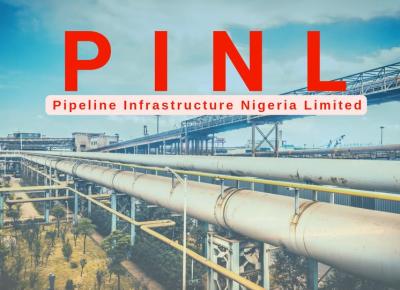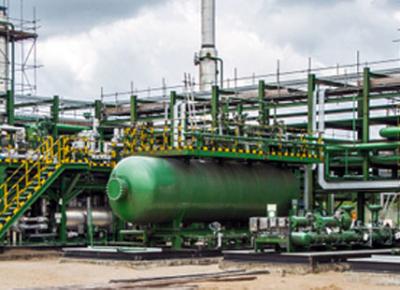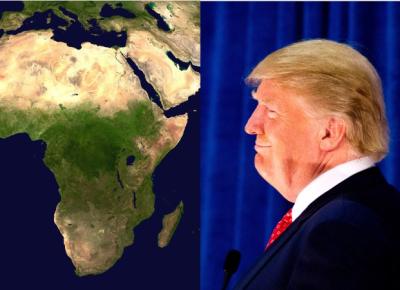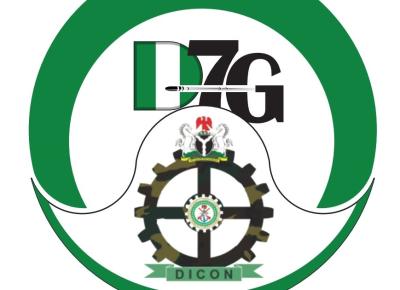Secured Trans Niger Pipeline boosts oil production in Nigeria – PINL
Pipeline Infrastructure Nigeria Limited (PINL) has attributed the recent increase in Nigeria’s crude oil production to enhanced security along the Trans Niger Pipeline (TNP). The TNP traverses numerous communities in the Niger Delta, transporting 450,000 barrels per day of Bonny Light crude oil from various oil fields to the Bonny Export Terminal in Rivers.
Dr Akpos Mezeh, Community Relations Consultant for PINL, made this known during a stakeholders’ meeting with TNP host communities in Port Harcourt on Friday. Mezeh explained that the company, which is responsible for securing the pipeline, achieved improved security outcomes through strategic collaboration with host communities and key stakeholders.
“This collaborative approach has not only strengthened relationships but also created a united front in the fight against crude oil theft and pipeline vandalism,” he said. He further attributed the success to effective partnership with local government authorities, security agencies, and regulatory bodies.
Through our social investment, based on needs assessments, PINL addressed the socio-economic drivers of crude oil theft by economically empowering local communities in a sustainable manner. Our collaborative interventions also supported the restoration of environments previously devastated by crude oil spills and related damage.
“These measures have resulted in near-zero infractions along the TNP, which in turn has led to increased crude oil production, enhanced national revenue, and significantly improved investors’ confidence,” Mezeh said. He also credited the company’s success to the consistent motivation of surveillance personnel through prompt salary payments and strict adherence to local content policies.
Additional efforts cited include the deployment of military camps, portable cabins, and houseboats at strategic points, as well as empowerment initiatives for community residents, among others. Despite these achievements, Mezeh acknowledged that the company continued to face significant challenges. These include the lack of timely prosecution of suspected oil thieves and pipeline vandals, and the reluctance of some leaders to share crucial information due to fear of reprisals. Our operations are also hindered by leadership disputes within the communities, and the complicity of certain stakeholders with oil thieves,” he concluded.




































